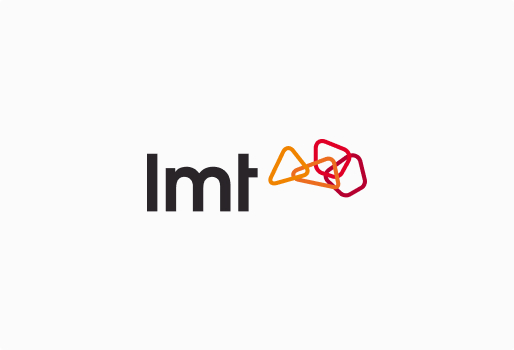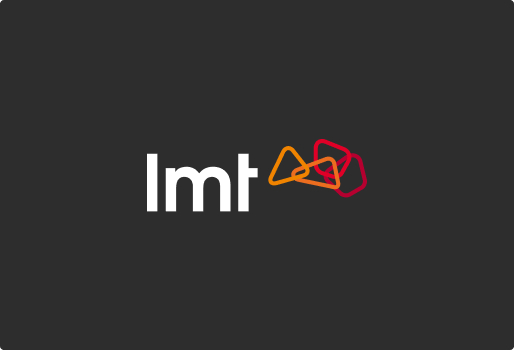Working or studying remotely? 11 tips for using the Internet effectively
With the outbreak of Covid-19 virus throughout the world, including Latvia, many companies prefer to work and study remotely – via the internet – to protect their own health, and the health of others. It is true that when tens of thousands of employees simultaneously have fully transferred their school or work life from high-powered educational establishments and offices to their homes, the question arises – how to make the most of the internet at home or on smartphone and keep it at peak performance? The Ministry of Transport together with the State Radio and Television Centre (LVRTC) and Latvijas Mobilais Telefons (LMT) have made eleven valuable tips that will help to reduce the amount of useless data usage, thereby improving the data transfer rate.
1. Evaluate whether you need a videocall
If the videocall is not an absolute necessity, you can choose audio calls for better call quality – so you can feel more secure that other activities or network load will not affect the quality of your call.
2. Turn off location apps on your computer and smartphone
Location services consume quite a lot of internet because they function continuously on your phone and computer while you are doing other things. Apps like Whatsapp, Google Maps, Waze, Facebook etc. most often track your location. So, go to the settings of your device, find which apps track your location and disable them, or allow access to your location only when the app is used – so avoiding all the network load.
3. Change your e-mail sending habits
Exchange of e-mails while working remotely is undoubtedly a very important and integral part of the work. At the same time transferring of big files via e-mail is an activity that burdens the data transmission network. For smooth workflow we recommend that you don’t e-mail huge files, but rather use one of the file storage and synchronisation services, such as Google Drive, by uploading them once and allowing unlimited access to them. This solution will also save you numberless e-mail exchanges, if, for example, a document needs editing, because it gives an opportunity for everyone involved to do it quickly online.
4. To a lower quality for streaming video
Streaming video on YouTube is one of the biggest causes of data consumption. So, if you want, for example, to upload work documents faster while watching YouTube videos in the background, reduce the quality of your video playback from Ultra-HD or HD to lower. A slight reduction of quality will not be noticeable but will significantly improve the data transmission rate. Also, if you watch a TV series or film streaming on Netflix, Amazon Prime and more in the background while at home, temporarily give up this habit, as it significantly reduces the data transmission rate at your home. If you can’t do it, reduce the streaming quality – instead of opting to watch 4K quality video, reduce the video playback quality to Ultra-HD or HD.
5. Delete unnecessary apps
Don’t forget to review the list of apps on your smart device. It’s no secret that every app consumes different amount of data and perhaps apps that you use rarely consume more data than you expected. Deleting of unnecessary apps will not only free up space on your smart device but will also reduce data usage and battery consumption speeding up the operation of your smart device.
6. Turn off or put to sleep devices that are not in use
We often don’t even notice how many devices at home are connected to the internet and are running even when we are not using them. Review the range of technologies at your disposal and, if possible, temporarily switch off those you can do without. Also, don’t leave the TV in the background for a longer period etc. – turn it off or set powersave off, for example, for 1 hour. Also, turn off or put to sleep (unless they perform the server function) other devices, including a computer, when not in use. It will improve data transmission performance.
7. If needed – download files in the evening
If you need to download large files but it’s not a matter of urgency, experts recommend using late evening hours, when the night has set in and the network load is relatively low. Then this process will interfere neither with your data transmission rate nor with others. While you’re resting, the data transmission will work.
8. Use mobile apps instead of websites
If you keep up-to-date with the latest news of the world by visiting different websites in your browser, make sure that the particular news site really does not offer a mobile app. Twenty open tabs and windows at the same time significantly reduce the network speed. Therefore, if possible, give priority to apps – they are offered not only by most popular news portals (e.g., BBC News, CNN, The New York Times, Delfi, Tvnet), but also by major online stores, service providers and social network platforms.
9. Close unnecessary apps and browser tabs
Leaving various apps running in the background and not closing unnecessary tabs on your web browser puts unnecessary load on your smart device and can reduce internet speed and performance. Note that some smartphones offer the ability to automatically close open apps and browser tabs after a certain time, so be sure to check whether your smart phone offers such functionality.
10. Set mobile data usage limits
With every smartphone you can keep track of your mobile data usage and set notifications to be sent to your smartphone as soon as your mobile data reaches your specified data limit. This will not only help you to get to know your data usage habits and find out which apps consume the most data but also help you to limit wasted data.
11. Share devices with your family
Some of the families experience everyday situations that several family members simultaneously use each his/her own smart device. If it is common in your home, think about whether it is possible to combine everyone’s interests and needs. Perhaps you can use a single device all together, for example, watch a film on a TV instead of everyone on his/her own smart device? Such a move will not only reduce the network load but will also turn into a pleasant time with your loved ones.
Finally, the Ministry of Transport reminds that in current situation of significant increase of internet consumption and data transmission network load in Latvia, everyone needs to review his/her internet usage habits to ensure their continuity. Currently, data transmission network performance is vital to the organisation of nationally significant processes, therefore the Ministry of Transport, LVRTC and LMT experts ask you to use the Internet in a socially responsible way, bearing in mind that it is the main tool for work and studies for hundreds of thousands of Latvian residents.
Share the link

